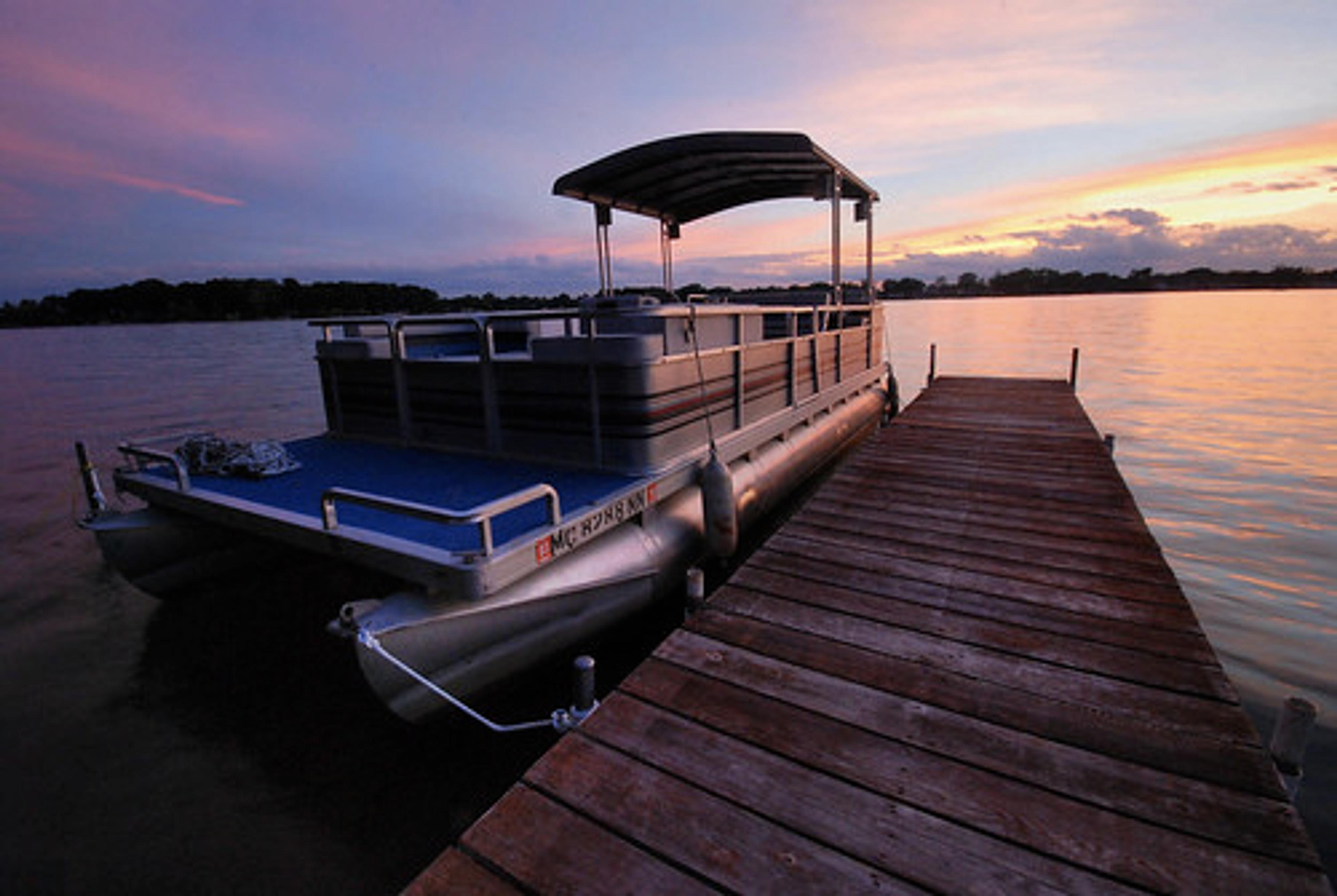Before you set sail, use these tips to stay safe
| 2 min read

As the Great Lakes State, Michigan is known for its abundant bodies of water. Rivers, ponds, and of course lakes, all provide great opportunities to stay active all year long. In the summer, boaters come out in full force. From speedboats and pontoons to kayaks and canoes, boating is a seasonal highlight for many Michiganders.
Whether you’re on a sailboat, a paddleboat or anything in between, boating safety measures are universal. It is crucial to wear the proper gear and remain prepared for any emergency situation that could occur on the water. Even experienced swimmers and boaters can incur injury, or worse, from careless mistakes. With these concepts in mind, here are some safety tips to remember the next time you head out boating:
- Equip yourself properly: U.S. Coast Guard-approved life jackets, of different varieties, are required for each passenger aboard vessels on Michigan waterways. These vests and flotation devices are crucial for emergency scenarios.
- Keep an eye to the sky: Suspicious cloud patterns can turn a sunny afternoon into a thunderstorm instantly. Monitoring outdoor conditions and staying off the water in inclement weather are easy ways to stay safe.
- Boat with others: Boating alone is risky, should you experience any emergency complications. In situations where you are pulling people tubing, water skiing or any form of tow, be sure to always have a spotter watching the people in the boat’s wake.
- Learn to swim: In the event your boat capsizes, knowing how to tread water and swim, could be life-saving. Understand proper form and teach children how to swim at an early age too.
- Know the rules: Proper licensing is required to operate a boat in Michigan, especially if the operator is under 15 years old. Check out state rules regarding boat and personal watercraft operation, for further details.
- Don’t rock the boat: Overloading a boat with possessions or passengers increases your risk of capsizing. Check the boat’s capacity plate, near the driver’s position, to know how much weight the vessel can handle.
- Perform regular checkups: Take care of any routine maintenance before you head out on the water. These tweaks can range from filling the vessel’s gas tank to checking nighttime navigation lights. Making adjustments is much easier on shore and allows you the opportunity to fix issues before you are entirely unable to.
- Leave non-essentials ashore: Large water toys, food and alcohol can all effect boat operation via distraction and impairment. Leave unnecessary items behind to reduce your risk level while out.
How else do you stay safe while on the water?
Photo credit: Rob Lee





